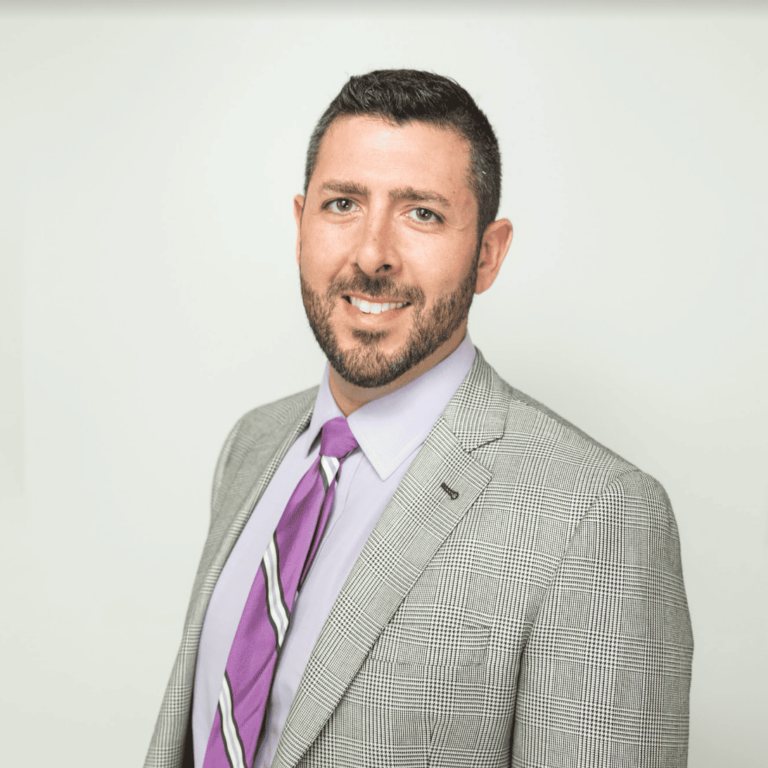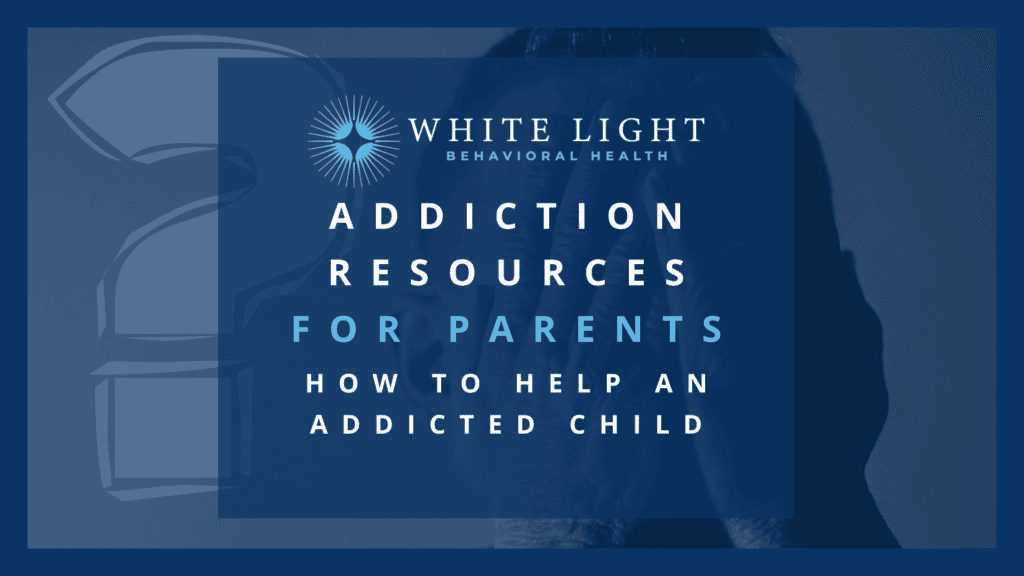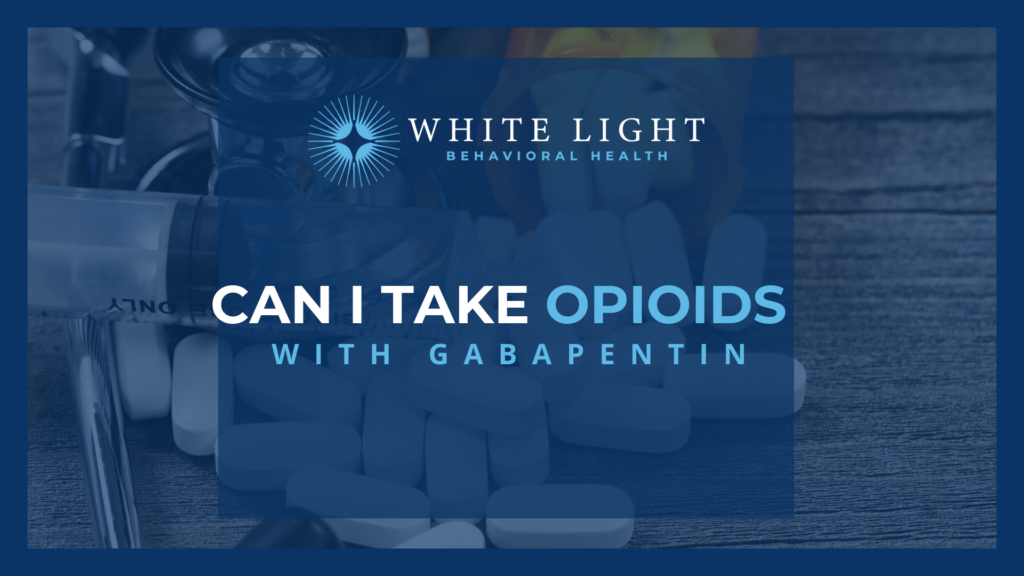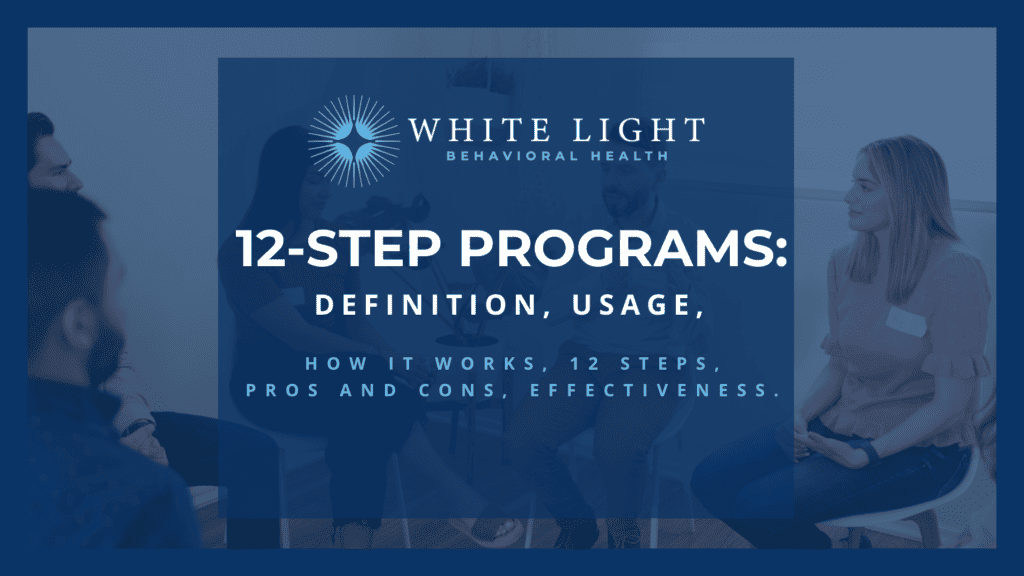Is Your Child Struggling with Drug Addiction?
If your child is one of the millions of people struggling with drug use, you may feel sad, bewildered, and unclear about what to do next. Because of the potentially catastrophic consequences of drug misuse, caregivers should have an open dialogue with their children about the issue. Read below for some suggestions about how to have a conversation with your child and possible next steps.
Setting Expectations
When talking to a teen about substance use, parents should be ready to clarify expectations and set boundaries with their kids if they see them engaging in risky behaviors like drinking or drug use at a young age as per a study of Substance Abuse and Mental Health Services Administration published in 2022. Supervising a child’s day-to-day activities or talking to a teenager involved in substance use disorder can be challenging. If they want to affect their children, parents must also fight off the pressures of their children’s peers. Young people place a high emphasis on the advice of their peers and may view their parents’ viewpoint as unrealistic or out of touch.
Listening to a son or daughter is essential, but so is hearing from others who may have seen warning signs of substance addiction in the adolescent. A child’s friends’ parents, instructors, coaches, and school personnel may be able to spot warning indications that nobody else does. Talking to others does not imply that parents are oblivious to their child’s difficulties; rather, it merely implies that a third party has looked at the issue objectively and can offer information.
Timing of the Conversation
If you want to have a conversation about substance usage with a child or teenager, there is no “right” time. Most likely, the adult and the child will feel uneasy throughout this discussion. It may be the most crucial conversation a parent can have with their child because substance misuse can have far-reaching consequences. Some suggestions on how to start a conversation with a youngster regarding substance usage are as follows.
When Your Efforts Fail
When an adult’s best efforts to help an addicted child fail, they may experience regret, despair, or even anger. Parents in these situations must remember that substance misuse is a sickness that calls for medical attention and that young people may continue substance use without expert help.
Professional Intervention
Some children may need professional intervention to get into therapy if they do not respond to private discussions with family members. An intervention is a meeting between loved ones and the addict, usually facilitated by a professional in substance addiction treatment, where the goal is to persuade the addict to enter rehab. At the same time, the adolescent’s parents and other concerned loved ones can explain the outcomes of their actions, set limits, and talk about their hopes and dreams for the future.
An Objective Perspective Helps
When a professional counselor, therapist, spiritual leader, or intervention specialist is involved in the planning and execution of an intervention, they can bring an objective perspective to the table and provide the support the family needs to follow through on the meeting’s stated aims.
Recognizing the Signs That Your Adult Child May Be an Addict
When it comes to their children’s substance use, parents may suspect but remain unsure. Perhaps this describes the predicament you’re in right now. Alcoholics and addicts are notoriously secretive about their habits. However, it might be useful if you know what to look for.
Signs of Alcohol Abuse
- Consuming alcoholic beverages despite the dangers they pose
- Intoxicated driving after alcohol consumption
- Drinking interferes with their ability to handle their duties
- Having an incident where alcohol was a factor
- Loss of memory or passing out
Drug Abuse Symptoms
- Red or bloodshot eyes
- Variations in body mass
- Physical evidence of bruising
- Mood or attitude changes
- Feelings of sadness or dread
Abuse of either drugs or alcohol is a major problem that often leads to a full-fledged addiction according to recent statistics by NIDA. Even if a person claims they are not addicted and can stop at any time, they are nevertheless putting their life in danger by engaging in risky behavior. If you believe your teenager is engaging in substance abuse, you should urge them to seek professional assistance.
Early Warning Symptoms of Addiction
In most cases, the symptoms of addiction are even more severe than those of abuse. You may look out for warning signals if you suspect your adult child is an addict. For example:
- Alternating between different social circles
- Issues with money because of excessive drinking or drug usage
- Keeping on using it despite knowing it’s bad for you
- Constant fatigue or listlessness
- Addiction to drugs or alcohol takes precedence over everything else in their lives
- Addiction-related legal issues
If you observe the above signs in your child, they may be addicted.
Abuse is distinct from addiction in several ways, chief among them being the former’s potential victims’ capacity to discontinue substance usage. The body’s dependence on substances is a hallmark of addiction. The prolonged use has changed the user’s brain chemistry and behavior.
Addicts can’t just stop, and their parents need to realize that. Because the body now considers the substance essential, the ability to quit using a substance has dramatically diminished. As soon as it leaves the body, withdrawal symptoms and drug cravings occur. There’s a problem, the system says. Therefore, you should probably get another dose of that drug. It’s important to remember that a child who has become addicted to drugs has little control over their drug use. They need to get into a drug rehab program.
Help for Families With an Addicted Adult Child
If your adult child has an addiction, you should learn as much as you can about how to help them. Below is some information and tips that may be helpful.
Avoid Enabling Behavior
As per Rockville’s study published in Substance Abuse and Mental Health Services Administration in 2004, many parents enable their adult children, and it is easy to engage in this behavior without even being conscious of it. Perhaps you’ve been providing support for them. Enabling behavior may take any of these forms:
- Offering to babysit the grandchildren so that your adult child can party
- Giving an adult child money, which they may use to buy drugs or alcohol
- Contributing to your child’s living expenses by letting them live at home
- Doing household chores such as grocery shopping, cleaning, and cooking for your adult child
You want what’s best for your kid because you’re a parent. At the moment, it may appear like you’re just trying to help when you’re enabling. You expect significant improvement in the addicted behavior as a result. In most cases, it has the opposite effect.
When parents enable their children, they make it more convenient for them to continue using. As a parent, you may benefit from talking to other parents or seeking online information about how others have dealt with similar situations and how you can avoid enabling your adult child. Your adult child’s substance use will probably worsen if these or other enabling behaviors are maintained.
Finding Out More About Addiction
Addictions come in a wide variety, each with its unique characteristics. Addiction also has varying effects on its victims. Learning as much as you can about addiction is one of the most effective steps you can take. It would help if you learned as much as possible about the subject. You can choose from several reliable options.
- If you or someone you know needs information on substance misuse or addiction, the National Institute on Drug Abuse has a lot of useful information. You can use it to determine the effects of alcohol and most drugs.
- The Association for People Struggling with Alcoholism and Other Drug Dependencies is another great resource. Substance abuse and alcoholism are discussed at length on this excellent website.
- WebMD is a general resource for learning about the side effects of various drugs and alcohol.
Selecting a Treatment Facility for a Child or Adolescent
In the past, adolescents who needed substance misuse treatment were treated in the same facilities as adults without accommodations for their age or developmental level. Modern rehab professionals realize that young people require individualized care during their time in rehabilitation and recovery. Some kids need the structure of a round-the-clock residential facility. In contrast, others could do better with less intense programs like outpatient rehab or a partial hospitalization program that allows them to live at home with their parents. It is also important to factor in academic commitments, work duties, and extracurricular activities.
Advocating for a Recovering Child
The family’s dedication to the child’s recovery is essential whether the youngster attends an inpatient facility or an outpatient program. According to Sandra A. Spencer’s study on NCBI, addiction is best approached as a family disease, and rehabilitation is most effective when approached as a family process. Parents should actively engage in treatment, education, and support groups to foster a home atmosphere that encourages and supports long-term sobriety. Most rehab programs employ family therapy as part of their program to engage family members in the recovery process.
Parent and Family Member Self-Care
Parents in good mental and physical shape make for better caregivers during the recovery process. For family therapy to be effective, it must cater to the emotional needs of both the parents and the children. Parents and guardians should take care of themselves by engaging in good habits, including eating well, frequently exercising, getting plenty of sleep, and learning stress management techniques, in addition to seeking professional therapy. This attention to the caregiver’s needs is not self-indulgence; rather, it is a sort of self-care essential for avoiding feelings of resentment and exhaustion.
The sibling(s) of the rehabilitating child also require therapeutic help and validation of their emotions. Substance-abusing kids often seem to get all the attention, even if it’s mostly unfavorable. It’s possible for the child in rehab to give the impression to the other kids at home that they’re more important to their parents than they are. Siblings of a child in treatment often resort to defiant behavior or drug and alcohol experimentation to compensate for the lack of attention they feel they are receiving. All the children in the home, not just the one who is the primary focus of therapy, must have their needs met.
Supporting Your Family After Rehab
In many respects, the road to recovery only begins after leaving a treatment facility. Addiction is a disease with an ever-present risk of relapse, so even if the family feels more resilient, it is important to be prepared for the worst. Addiction is a chronic disorder that requires lifelong symptom management, so parents should know that relapse isn’t a sign of a child’s lack of willpower or that treatment failed. A kid with a substance use problem needs an ongoing maintenance program to lessen cravings for the substance of abuse and to teach coping skills, just as a child with diabetes needs continual monitoring of nutrition and blood sugar levels.
Therapeutic services and resources for children on the path to recovery and their families after rehab are essential. Family therapy usually starts after the individual in treatment for addiction has made progress in recovery. With help, parents can continue to ensure their children take advantage of the skills they have learned in rehab.
Getting Help
At White Light Behavioral Health in Columbus, OH, we can empathize with the pain you’re going through due to your child’s addiction. Understanding what to do and what not to do is quite challenging. The last thing you want to do is enable your child, yet you want to be supportive. Don’t hesitate to get in touch with us if you have any questions or want to discuss how we might assist you.
What are some signs that my child might be struggling with addiction?
Recognizing the signs of addiction in a child can be challenging, as they may try to hide their behavior. Look out for changes in mood, physical appearance, social circles, and academic or work performance. Keep an eye on unexplained absences, sudden changes in friends, financial troubles, and secretive behavior.
How can I approach my child about their addiction?
Approaching your child about their addiction requires sensitivity and empathy. Choose a time when they are sober and calm, express your concerns non-judgmentally, and offer your support. Listen actively, validate their feelings, and encourage open communication.
What should I do if my child refuses help for their addiction?
If your child refuses help for their addiction, continue to express your concern and support without enabling their behavior. Consider staging an intervention with the help of a professional interventionist or therapist. Set boundaries and consequences for their actions while maintaining empathy and understanding. Remember to prioritize your well-being and seek support for yourself as well.
How can I find addiction treatment resources in Ohio?
You can find addiction treatment resources in Ohio by conducting an online search, contacting local hospitals or clinics, reaching out to helplines like SAMHSA, or consulting with healthcare professionals. These avenues can provide information, support, and referrals tailored to your specific needs and circumstances, helping you access the appropriate treatment for yourself or your loved ones.
What role do family dynamics play in addiction?
Family dynamics can significantly impact a child’s risk of developing addiction and their ability to recover. Dysfunctional family patterns, trauma, neglect, or enabling behaviors can contribute to the development or perpetuation of addiction. Involving the family in the recovery process through therapy, education, and support can foster healing and strengthen relationships.
How can I support my child’s recovery after treatment?
Supporting your child’s recovery after treatment involves creating a supportive and stable environment at home. Encourage healthy habits, such as regular exercise, nutritious eating, and adequate sleep. Attend family therapy sessions or support groups together, and actively participate in their aftercare plan.
What is the role of aftercare programs in addiction treatment?
Aftercare Addiction programs play a crucial role in supporting individuals as they transition from formal addiction treatment back to their daily lives. These programs provide ongoing support, counseling, and resources to help individuals maintain sobriety, prevent relapse, and navigate challenges in the early stages of recovery.
How do I find an aftercare program for my child in Ohio?
Finding an aftercare program for a child in Ohio involves researching local treatment centers, support groups, and community resources. Reach out to addiction specialists or treatment providers for recommendations tailored to your child’s needs and circumstances.
What strategies can help my child overcome a relapse?
Overcoming a relapse requires a combination of self-awareness, coping strategies, and support from loved ones. Encourage your child to identify triggers, develop healthy coping mechanisms, and seek professional help if needed. Emphasize the importance of self-care, stress management, and maintaining a strong support network.
How can I prioritize self-care while supporting my child through addiction?
Prioritizing self-care while supporting your child through addiction is essential for maintaining your well-being and resilience. Set boundaries to protect your own physical, emotional, and mental health. Seek support from friends, family members, or support groups who understand your experiences.

Share This Post



